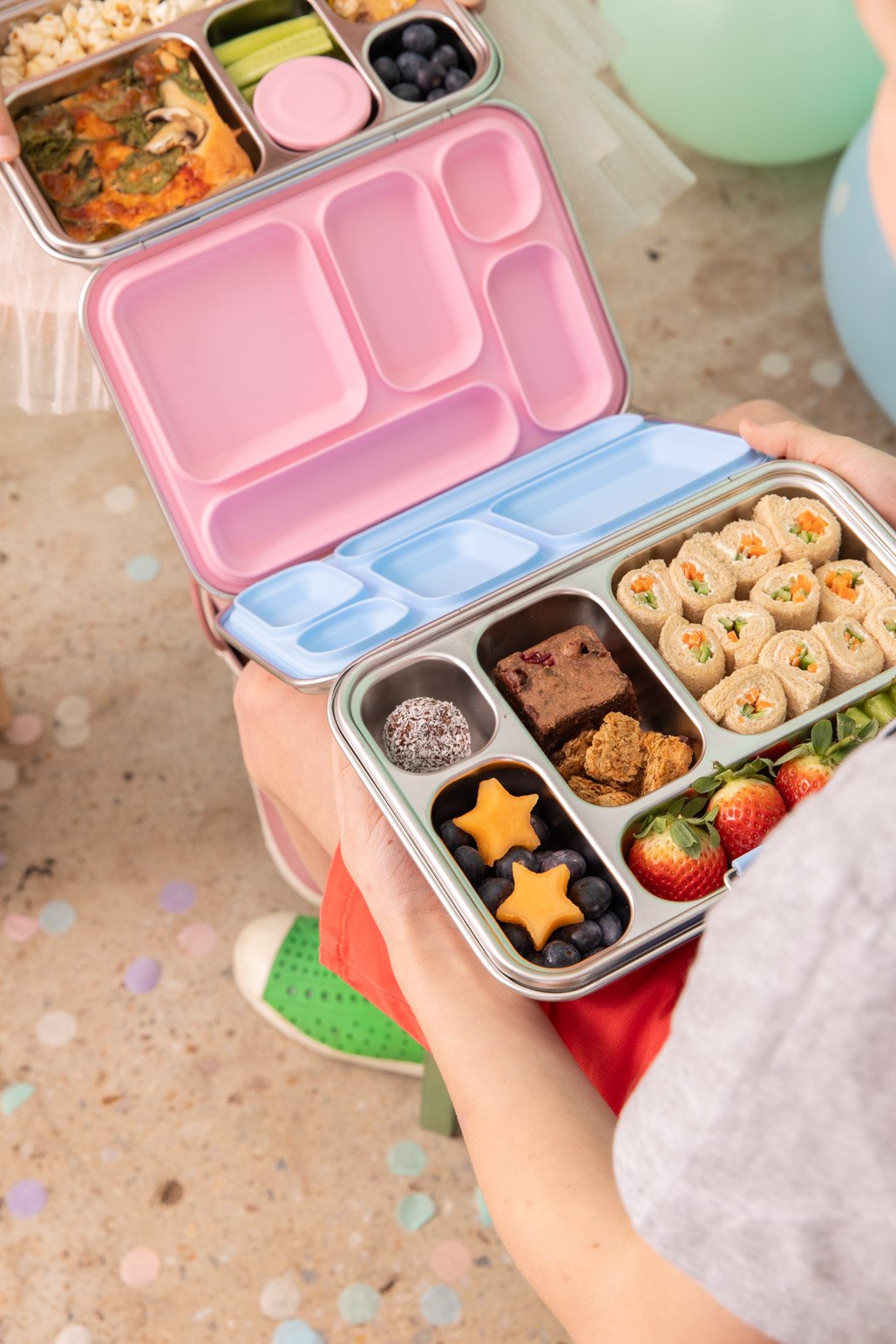Homework time can be a struggle for both parents and children!
Whether we like it or not, schools continue to send children home with work to do. I can’t see this changing in the near-future, but I can offer some strategies to hopefully take the hard work out of homework.
- Check your child is keeping up at school
My top tip is to check whether your child is not slipping backwards. When a child is struggling with new concepts and skills at school, it gets even harder when the work comes home. If you’re concerned even the slightest, it’s worth talking to your child’s teacher about how well things are going in the classroom. - It’s all about the space
Set up a homework station. It should be a quiet, well-lit spot that is just for homework. Ensure the homework station is equipped with necessary supplies (paper, pencils, glue, scissors) and as far away as possible from distractions like TV. The more aesthetically pleasing and tidier the space, the more likely your little ones are going to enjoy doing their homework! For teenagers, it may be worth setting up a study space outside of their bedroom so they’re not tempted by social media or their bed! - Feed the brain
Children are often ravenous when they get home, so offer some brain-friendly snacks before homework. Water, Greek yoghurt, vegetables with a dip, seeds and nuts, fruit and cheese are ideal. Nobody likes to be hungry when sitting down to work! - Break it up
Break work loads into small chunks. A big night of homework is easier if the work is represented as a tick box list. Your child can focus on one task at a time and most urgent things can be done first. Making a list with your child once a week or each evening can also be a good way of keeping an eye on what they have to do. - It’s their homework, not yours
Don’t do it for them. Avoid getting too involved in the tasks, or it will be your work the teacher is marking not your child’s. Children can lose confidence in their own abilities if mum or dad take over and it teaches them independence if we can step away and trust in their abilities. - Rewards! Rewards! Rewards!
Offer some form of reward or treat. It’s important to see the difference between a bribe and a reward. A reward is performance based. A bribe is something you give your child after negotiating over something that is already their responsibility. If your child successfully completes their assigned homework for the week, you could offer a choice of outings. It doesn’t have to involve money. (This works for teenagers too, don’t underestimate the power of positive reinforcement!) - Get them some extra help
Use targeted tuition to support classroom learning. Tuition can help new concepts to sink in and provide essential practice for basic skills. A good tuition programme will always be linked to the topics your child is studying at school, so they reinforce classroom learning. Homework becomes fun (almost!) when your child knows what to do and how to do it.
Hopefully you’re now equipped with a full toolbox of strategies to improve homework time! If you’re considering tuition for your child (whether they’re 5 or 15), consider booking a free assessment at NumberWorks’nWords to see how tutoring can give your child the boost they need!
This is a sponsored post written by the Adelaide branches of NumberWorks’nWords. (Unley and Norwood) Specialists in maths tuition and English tuition they help build children’s confidence and show them that they can conquer maths and read for pleasure. For more information visit their website at numberworksnwords.com
























